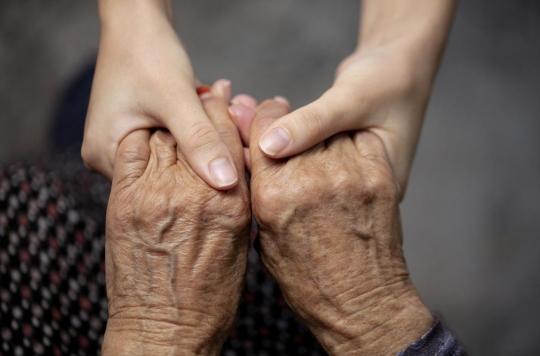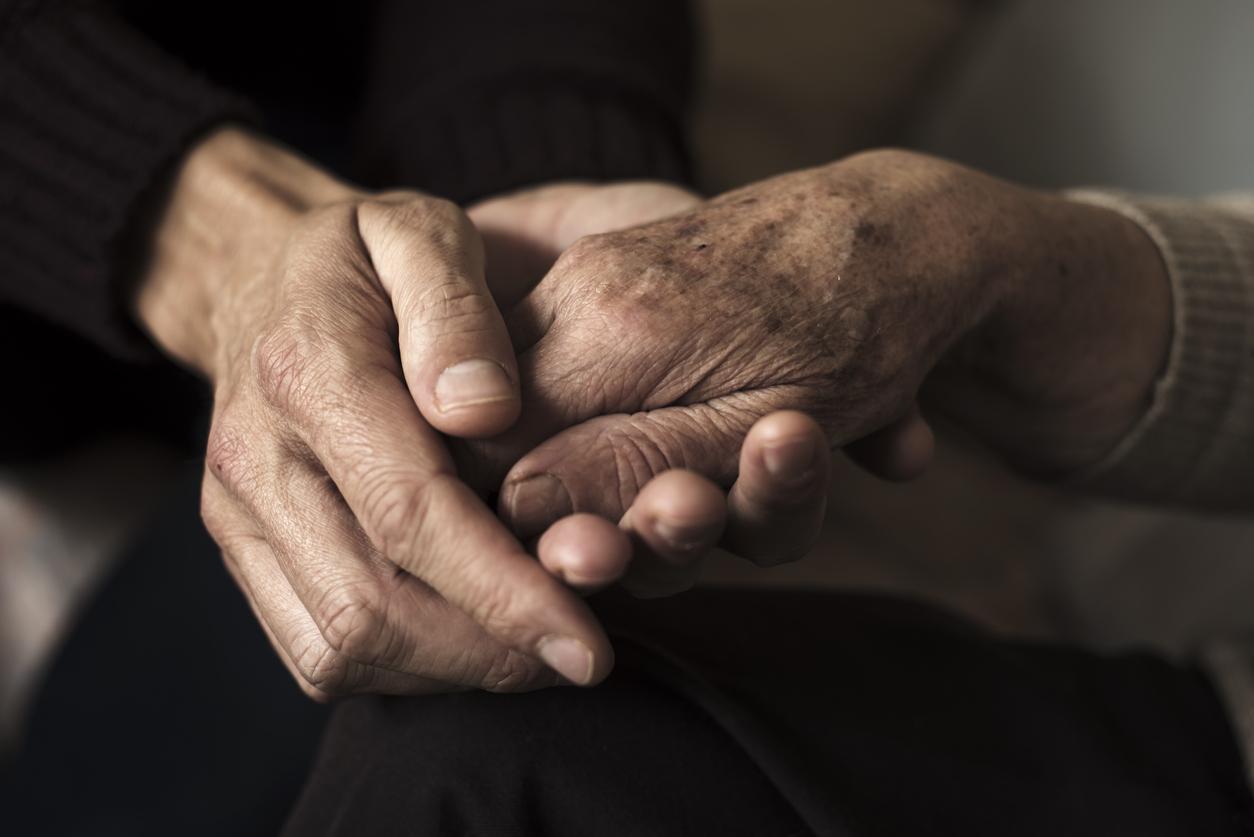A study of Norwegians aged 60 and over shows that for them, the desire to live to a ripe old age is thwarted by fears of ‘aging badly’, including the specter of dementia and chronic pain.

- Researchers asked Norwegians over 60 about their desire for longevity. The results show that by living a long time, they are afraid of developing dementia or chronic pain.
Live long, yes, but not in bad health. Here’s what a majority of Norwegian seniors think in a study on life expectancy, published this month in the journal Age and Aging.
Conducted by the Robert N. Butler Columbia Aging Center, based at the Mailman School of Public Health in Columbia (USA), it shows that the desire to live to old age is significantly reduced by adverse hypothetical life scenarios, including those involving senile dementia or chronic pain.
The researchers used data from Norway, one of the countries in the world with the highest life expectancy at birth: 83 years for a child born in 2017. They studied how six health and life adverse effects affected preferred life expectancy (PPE) after age 60 and rated each based on age, gender, education, marital status, job cognitive, self-reported loneliness and chronic pain.
A total of 948 people aged 60-69, 70-79 and 80+ participated in health interviews and examinations between 2017, 2018 and 2019.
825 of the participants aged 60 and over had to answer the following question in particular: “If you could choose freely, until what age would you like to live?”
Fear of suffering as you age
Findings showed that among Norwegians over 60, the desire to live to a ripe old age was significantly reduced by fear of developing dementia or chronic pain, but less so by the prospect of losing their spouse. , or to be confronted with poverty. Likewise, the preferred life expectancy of single people was not affected by the prospect of feeling lonely. Finally, people with a high level of education had a lower EPP for dementia and chronic pain.
“Dementia tops the list of conditions for which people would prefer to live less – which poses a particular challenge given the rapid increase in dementia cases in the coming years”says Vegard Skirbekk, professor of population and family health and lead author of the work.“Despite the fact that increased life expectancy occurs to a large extent at older ages, where the experience of loss and disability is prevalent, there has been remarkably little scientific evidence on the length of life desired by individuals given the impact of these unfavorable living conditions”notes the researcher.
In France too, life expectancy continues to increase. According to INSEE projections published in 2016, it will reach 90.1 years for men and 93 years for women in 2070. It is currently 85.5 years for women and almost 80 years for men in 2019, according to the Ministry of Solidarity. As for life expectancy in good health, it is 64.5 years for women and 63.4 years for men.
.















